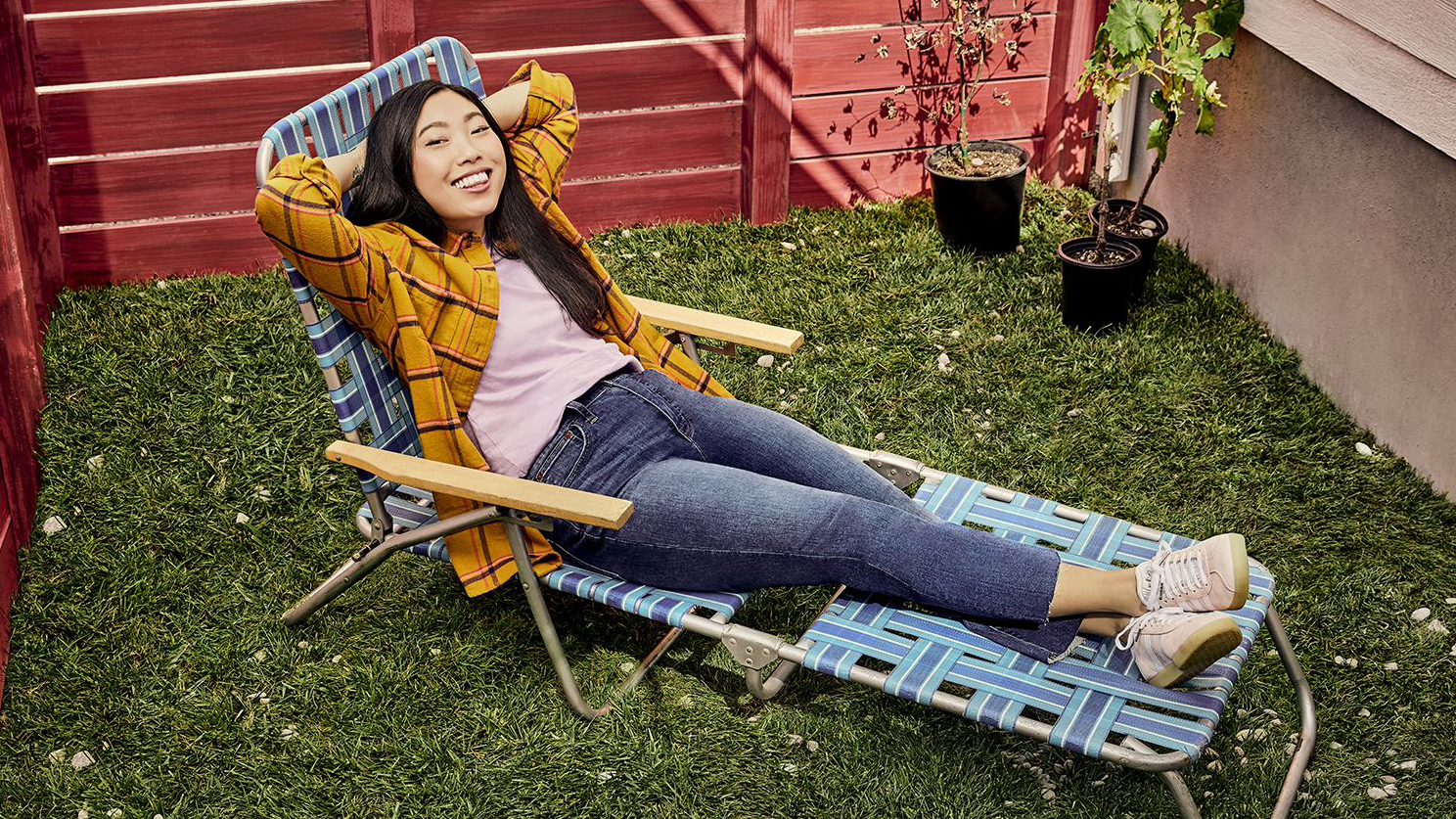‘Awkwafina Is Nora From Queens’: TV Review
By Daniel D’Addario
LOS ANGELES (Variety.com) – Thankfully, she has plenty to spare. The series is hardly the first to lend itself to comparisons to “Broad City,” but it’s a rare case in which the comparisons are accurate — starting with its leveraging its star’s inherent likability in order to tell a story of amiable aimlessness among young New Yorkers. That helps carry over the line some of the show’s less successful writing; even baggily paced or confusing episodes represent time spent with a performer we crave more of.
One way the comparisons between two Comedy Central shows that share an executive producer (Lucia Aniello) are less-than-apt? “Broad City” had a double act of Abbi Jacobson and Ilana Glazer, and although the title of “Awkwafina Is Nora From Queens” suggests a bifurcated role, is just playing, well, Nora Lin from Queens (close to the artist formerly known as Nora Lum’s real name, and her real-life home borough). This is, perhaps, a version of Awkwafina’s life without her recent high-flying success or, crucially, the drive and outsider’s ambition that brought her to prominence; the show’s Nora is a person governed by short-term goals, unable to see her way out of her father’s house (dad is played by BD Wong) and placed in perpetually unflattering comparison with a high-achiever cousin (Bowen Yang). Her adventures — one an episode, with nothing, really, in the way of subplots — tend to happen to her accidentally, on her way to do something she’d rather not be doing, as when a trip to Atlantic City with her grandmother (Lori Tan Chinn) interrupts her plan to pleasure herself for “seven to 12 hours,” the sort of detail that feels more like grasping at relatability than drawing from life.
Part of the show’s depiction of Nora can feel a bit like protesting too much. Awkwafina recently won a Golden Globe for her lead role in a critical-darling movie, only the latest stop on a trajectory that’s been on hyperdrive over the past two years but that’s rooted in her previous, assiduously promoted rap career. (Granted, self-deprecation is part of the brand — she cracked that she could sell her Golden Globe if she fell upon hard times from the Beverly Hilton stage — but she didn’t end up where she is by accident.) Nora’s lassitude and pot habit seem overdrawn, insisting upon Awkwafina’s bone-deep chill vibes in a manner her easy wit already does. The show’s presentation of itself from title on as an autobiographical look at a star about whom we’re curious elides so much of what’s pertinent about her story as to feel, episode-to-episode, somewhat monotonous. Nora’s floating approach to life has manifold real charms. It also means that the show doesn’t have any momentum, or anywhere to go.
It does have Awkwafina, for whom it’s hard to imagine this show coming in any other moment. Her rise as a performer has been so rapid — following strong and memorable supporting roles in “Ocean’s 8” and “Crazy Rich Asians,” both released in 2018 — that it couldn’t have come much earlier. And a series like this might in a few years seem like small potatoes.
But while she’s genuinely good on this show — harnessing her power of seeming benignly but powerfully infuriated by little indignities such that we inevitably sympathize with her against whatever new adversary — it’s hard not to feel, a bit, like we are watching something more invested in mythmaking than in entertainment. The show attempts to make the case that Awkwafina wasn’t always Awkwafina. But its star is so incandescent that it hardly seems like a case worth making. Can’t we just enjoy her company without being told, at an increasingly frenzied pitch, that she’s just like us?

